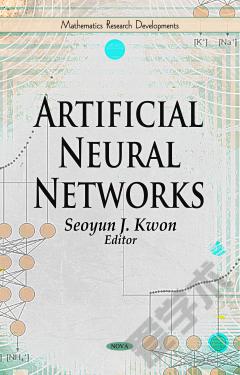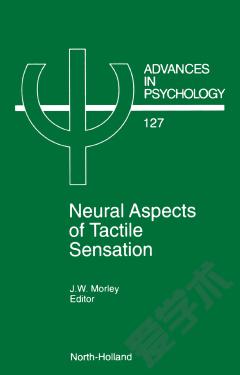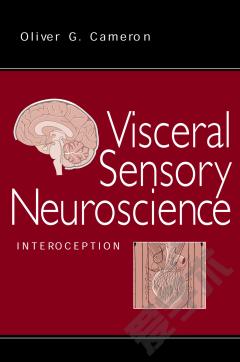Sensory Neural Networks
Sensory information is detected and transformed by sensory neural networks before reaching higher levels of processing. These networks need to perform significant processing tasks while being compatible with the following levels. Lateral inhibition is a mechanism of local neuronal interaction that produces significant global properties. This book discusses those sensory neural networks influenced by nonlinear lateral inhibition. It features biological bases of lateral inhibition models, computational properties of these models that stress their short term adaptive behavior, their relation to recent activity in neural networks and connectionist systems, their use for image processing applications, and their application to motion detection. Descriptions from different technologies of analog hardware implementations of these classes of networks are described and results from implementations that corroborate theoretical analysis and show technologically desirable applications are presented. The book also uses nonlinear mathematical techniques to analyze temporal and spatial behavior of models presented within the text. Sensory Neural Networks: Lateral Inhibition is an interdisciplinary work that will prove useful to neural network theorists, biologists, circuit designers, and vision scientists.
{{comment.content}}








 京公网安备 11010802027623号
京公网安备 11010802027623号